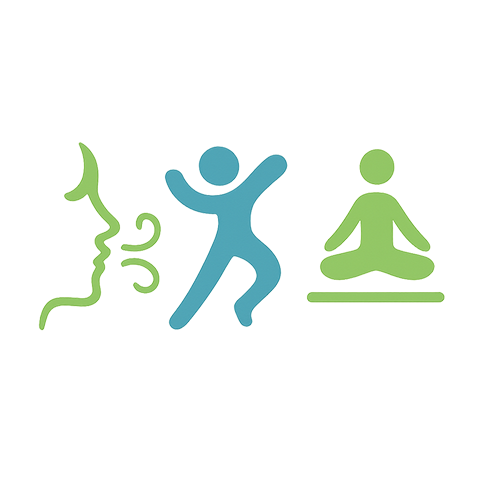When we think of endurance training, the image of a runner soaring over hurdles often comes to mind. Hurdle running is not just a sport—it embodies the spirit of perseverance and overcoming obstacles. Just as athletes train to leap over physical barriers, we too face hurdles in our fitness journey that can impact our health and activity levels. Understanding how to navigate these challenges can lead to a transformative experience in our pursuit of better health.
The road to fitness is rarely a smooth one. Many of us encounter various hurdles—be it a lack of motivation, time constraints, or physical limitations. These barriers can deter us from our goals, making it crucial to recognize them as part of the process. Instead of viewing hurdles as setbacks, we should embrace them as opportunities for growth. By training our minds and bodies to confront these challenges, we can bolster our endurance and become more resilient in all aspects of life.
The physical aspect of endurance training, particularly hurdle running, serves as a strong metaphor for what we experience in fitness. Each hurdle represents a different challenge: a late night that threatens our morning workout, an injury that knocks us off schedule, or even the simple lure of our comfortable routines. Just like athletes perfect their form and timing to clear hurdles smoothly, we too need to develop strategies to enhance our endurance. This could mean adjusting our training programs, seeking support from friends, or even incorporating mindfulness practices to keep our focus sharp.
Moreover, engaging in activities that promote health and boost endurance can create a ripple effect in our lives. The more we push ourselves to overcome these hurdles, the easier it becomes to integrate fitness into our daily routines. Regular exercise releases endorphins that elevate our mood, increase our energy levels, and provide a sense of accomplishment. Additionally, staying active can improve cardiovascular health, boost metabolic rates, and enhance our overall quality of life.
Training for endurance also requires consistency and patience. Just as a hurdle runner spends countless hours perfecting their technique, we too must commit to our fitness training. Setting realistic goals, celebrating progress, and recognizing that setbacks are part of the journey can make the process more enjoyable. It’s essential to remain flexible and willing to adapt our strategies as new hurdles arise, ensuring we stay on track towards our ultimate health goals.
In the grand scheme of fitness, every hurdle cleared contributes to our journey towards better health. Let us embrace the challenges we face, recognizing that they play an integral role in shaping our resilience and endurance. Whether it’s through hurdle running or other forms of training, the lessons learned from overcoming obstacles translate into a stronger, healthier, and more active lifestyle.




